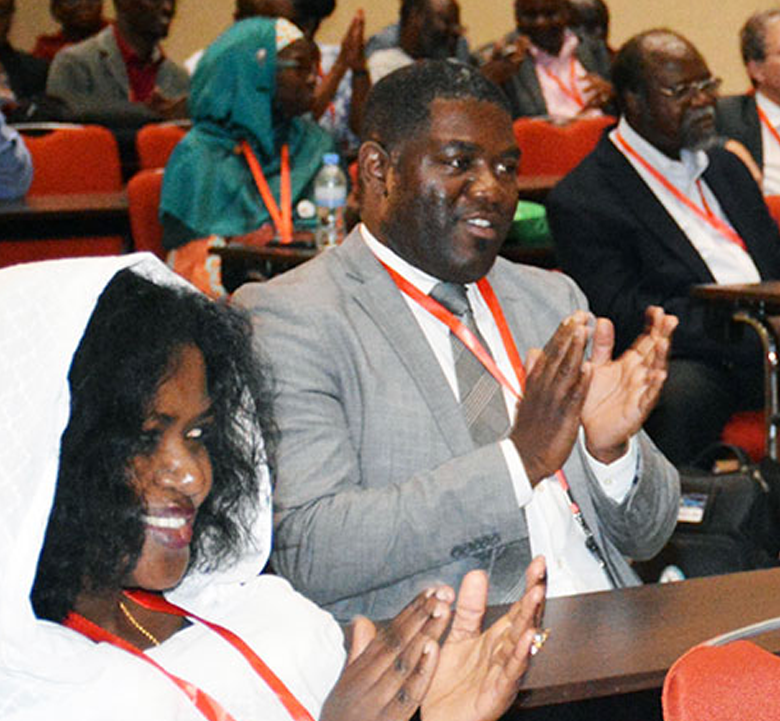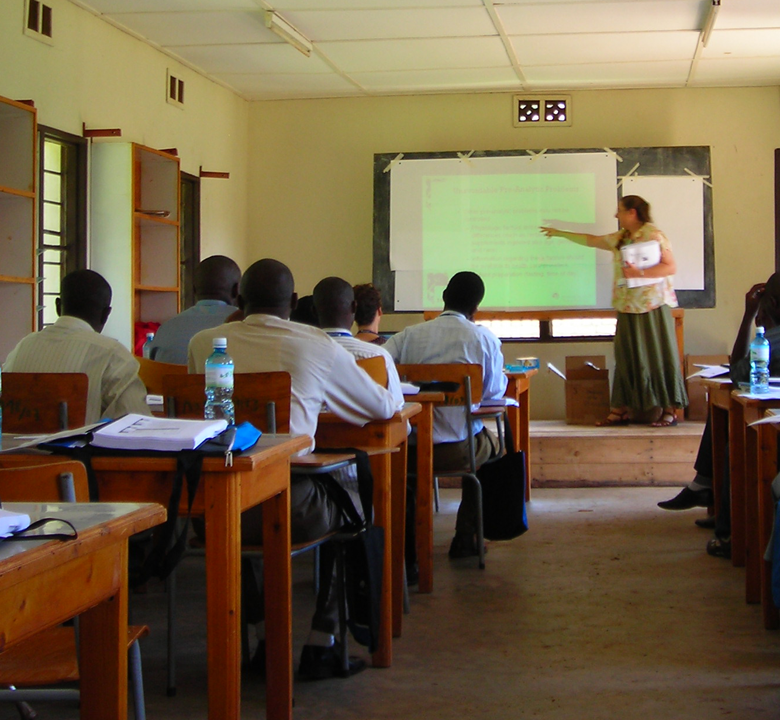Situational Analysis

In 2020, the International Cancer Research Partnership (ICRP) partnered with the Coalition for Implementation Research In Global Oncology (CIRGO) to conduct a situational analysis to identify cancer research activity in Sub-Saharan Africa (SSA) and help build capacity for researchers to collaborate and share information.
ICRP started in 2000 and is a collaborative partnership of 29 partners representing 142 international funding organizations and comprised of partners from Australia, Belgium, Canada, France, Italy, Japan, Netherlands, Spain, United Kingdom, and the United States. The mission of ICRP is to add value to cancer research efforts internationally by fostering collaboration and strategic coordination between cancer research organizations. ICRP achieves this by enabling research centers to share data through an online research portfolio, sharing information on research evaluation, research management and research outputs, providing analytical tools for data analysis, and creating a forum for coordination and collaboration.
To conduct their situational analysis of African cancer research, ICRP looked at research funded by ICRP partners between 2015 and 2018, the latest complete dataset. In this period, ICRP partners funded 1,254 project in SSA, most of them funded by the National Cancer Institute. Each year, the total value of SSA-relevant projects was around $300m USD, consistently around 4% of the total ICRP portfolio. Most projects are those where the primary host institution is in a non-SSA country, but the research is relevant to cancer in an SSA or in all LMICs. 45 percent of research projects include Co-PI in SSA. Only 4% of funding was in the form of direct grants to researchers in SSA.
ICRP then looked at the types of cancers being researched in SSA. A majority of projects (55%) were related to cancers induced by viral vectors like HIV, HPV and EBV. Examples in this category included projects on cost-effective radiation delivery in LMICs and point-of-care cervical cancer diagnostic devices. The type of research conducted in SSA was also quite distinct with a much greater focus on cancer etiology and prevention research. In contrast, cancer biology and treatment receive most funding in international cancer research.
“Tracking the outcomes of research is also very important for ICRP funders, which has led ICRP partners to begin doing so systematically to ensure that tools, research results and best practices can be shared.”

